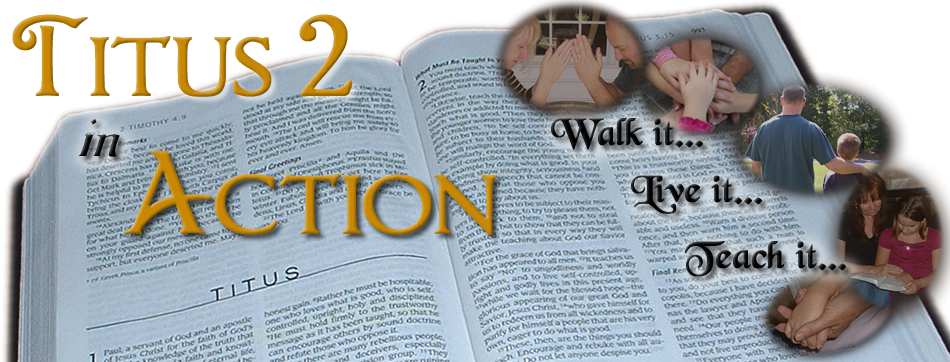Are Americans addicted to spending?
Well, if we consider the behavior in Washington these days, one would certainly think so! I suspect , however we could see evidence a little closer to home as well. Just hang out around your local shopping mall today (Black Friday!) and observe the frenzy. Still not sure what I'm talking about?
Consider this. When we think of addiction, we think of something being habit-forming or compulsive. Spending certainly fits the bill there. The more we spend the easier it becomes. In fact, that’s the way it typically works with addictions, they are not only habit forming, but we can develop higher and higher tolerances for the objects of our addiction as well, so over time we require more of that addictive substance or activity to get the same result. If you look at the Federal Reserve Data for household debt in this country over the past decade, you would see that Americans have more than doubled the amount of their debt. It’s as if to say if a little feels good, more is even better.
Addiction also involves an impaired, or possibly even a total lack of ability to control the behavior. How many times have you heard someone say, “I shouldn’t have spent the money, but I HAD to have it!“ A lot of times, the objects of our addictions go from being something we want to something we feel we actually NEED for survival, and depending on the addiction, that NEED can be emotional or even take on physical symptoms.
People who are addicted to something also tend to persist or relapse into the behavior, even though they recognize the evidence that it is harmful. You’ve probably heard a smoker say, “I know smoking is bad for me, but I just can’t quit.” The same is true when it comes to spending. People experience extreme amounts of stress due to the debt that results from over-spending. They are physically and emotionally exhausted from working to payoff the debt, yet they find it difficult to get off that treadmill. You probably know people who have gotten totally out of debt and then allowed themselves to get back into the very same predicament again, usually worse than the time before. Why? Because they treated the symptom. They paid off the debt,but never dealt with the behavior that got them there-the addiction itself -or more accurately, the root of the addiction. When it comes to spending issues, the questions we might ask ourselves to get to the root of the matter might be, why am I spending this money the way I do? Am I believing that I am receiving something by obtaining these things that it is conflict with God’s word? Am I allowing myself to go into debt out of fear? Am I not trusting God to provide for my needs and taking that burden on myself?
One sure way to detect whether something is an addiction or not is to take that something away. Addicted people tend to become dissatisfied or very irritable when that happens. They develop intense cravings and can develop emotional and physical dependency on the focus of their addiction. As crazy as it sounds I have seen this with an individual that I would argue was a “shopaholic.” I actually witnessed this person going to great lengths to fit in a weekend shopping excursion. Then, when she arrived at the mall, she had a very perceivable "heightened" sense of anticipation. I watched her move quickly and seemingly desperately from store to store for some time. After making several purchases, she reported back to the group and said with a heavy sigh, “I feel better now!” As if not being able to buy was making her physically uncomfortable! I kid you not!
Research has shown there are many causes that contribute to forming an addictive behavior. When it comes to chemical dependence, heredity can be a factor surely, but by and large it has been found that some of the things addicts tend to have in common is that they tend to be sensitive to peer pressure and possess low self-esteem. They might also come from environments that support their addictive behaviors either positively or negatively, and they tend to have a lower tolerance for stress.
I am hard-pressed to come up with an example where excessive spending wasn’t rooted in one or a combination of these causes. Think about it. There is a lot of pressure in our society, primarily created by the advertising and marketing industry to convince people that they need certain things to be considered valuable. People buy things and get into debt to keep up with the Jones’ all the time. Teenagers feel like they need those $200 athletic shoes to fit in and by the time those teenagers become adults the stakes are higher. Expensive homes, expensive cars, expensive wardrobes... all to keep up an image and be accepted or admired. We surely live in a society where debt is now so mainstream that people think you’re odd if you don’t use a credit card or have any debt. Go back a couple of generations and that just wasn’t the case. Most baby boomers and younger were raised with a different mentality about spending. For one thing, buy now pay later wasn’t so readily available before that. Our culture has done a lot to remove the guilt and social stigma that once was associated with overspending and debt. Advertising slogans like “You deserve a break today” and “Priceless” are aimed at making consumers feel that spending equates to doing something GOOD for yourself.
Once again the world’s economy sells you one bill of goods and God’s economy says something different. In fact, God says debt isn’t good for you at all. Proverbs 22:7 tells us its slavery. The borrower is servant to the lender. Earlier, I mentioned that addiction could be defined as lacking control. The addict not only loses the power to control the addiction but the addiction can ultimately control them as well. How many people are totally controlled by their spending habits? It's not just the inability to stop spending, but the bondage of trying to continually work to pay for the spending. We become like those little gerbils running on one of those exercise wheels. Working, working, working...and never getting anywhere. Sounds like slavery to me!
Addiction can also come from having a low tolerance for stress. We use "things" to cope with the many difficult situations that crop up in our lives. When it comes to spending, many people find themselves in situations where they know they don’t have the money for something but feel like they really need it and so they don’t hesitate to pull out that credit card. The credit card is an "easy fix." In fact, many people who come in for financial coaching fall prey to this. “I had to do it” they’ll say about their recent credit card purchase. In most cases, however, upon thorough examination, the item was either not really something the truly needed or as some people now can testify, God would have found a way to provide that thing for them if they had they given him the chance. Many times our stressful financial situations are tests to see if we really trust God or not.
So, hopefully I’ve convinced you that spending truly can be an addictive behavior, but just as in all other addictions, there really is hope. We can be rehabilitated from spending and debt if we want to be. It is not God’s will for us to be enslaved by anything of this world because we belong to Christ. 1 Corinthians 7:23 tells us “You were bought at a price, do not become slaves of men.” We have to do our part, but we also have to trust God to do His.
For a long time, I didn't see my spending or debt as anything more than a bad habit. But when Jesus truly became the Lord of my life, I realized that I couldn't continue in that behavior and still live in God's economy. It robbed me from living the abundant life that Christ died to give me. He died, to set us free from all bondage so why would we choose to enslave ourselves? Debt hurts us financially and it destroys our witness to the rest of the world. God has called us to be lenders not borrowers. He intended for his people to be blessed and for that blessing to be evident to the world around us. We are to be the salt of the earth, a beacon of light, a city on the hill. It is to God’s glory that we are free from the bondage of "man's economy" and be blessed so that we can be a blessing to others.


















